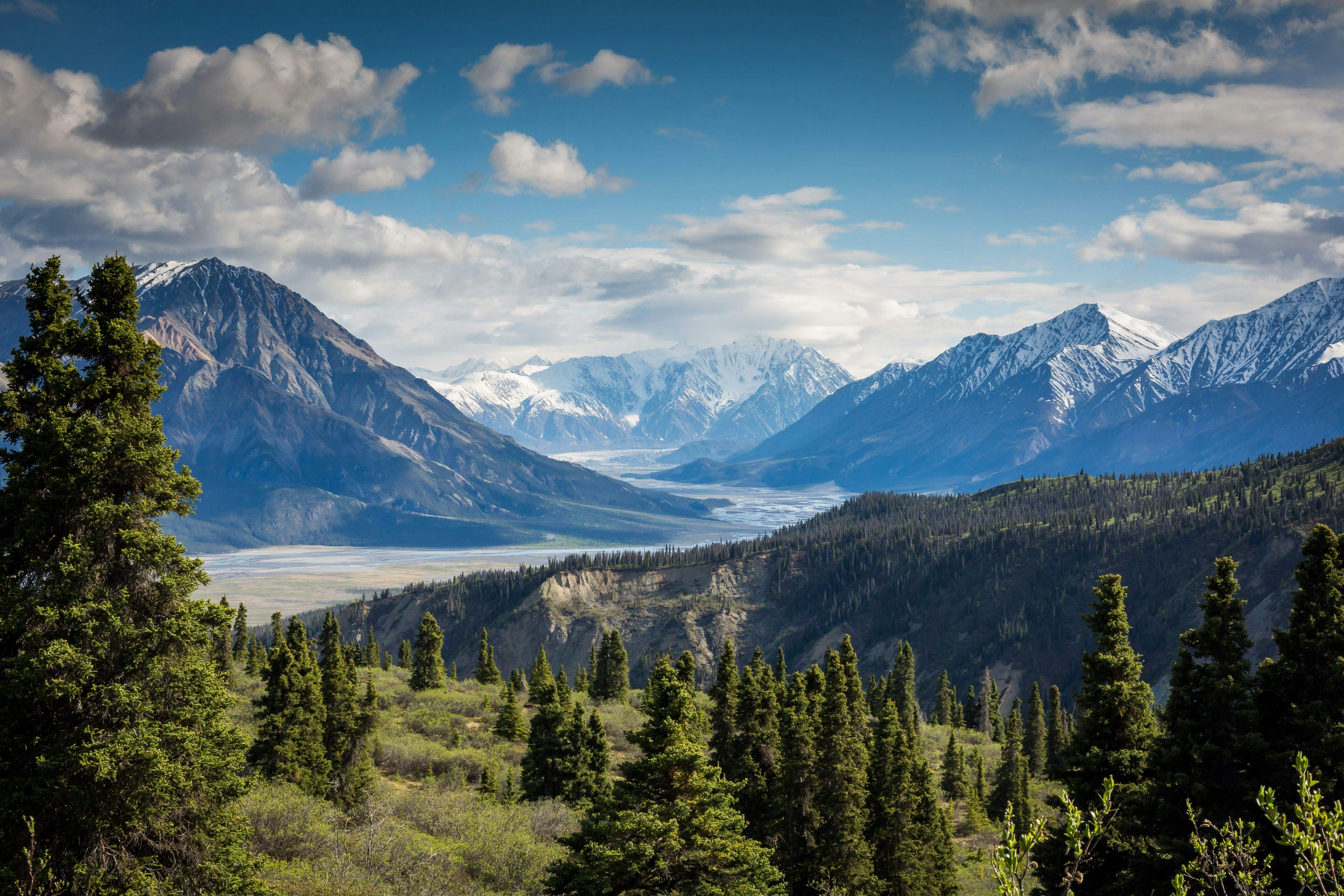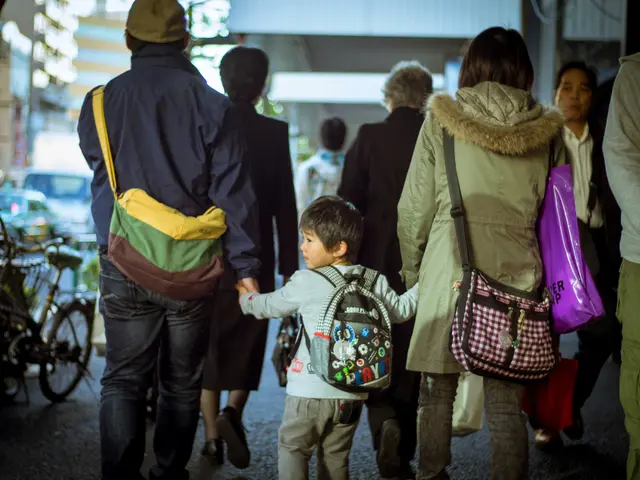Various nations deploy firefighting aircraft to Israel, aiming to assist in combating a significant wildfire.
A Blaze in the Holy Land: Israel Faces a Wildfire Crisis
JERUSALEM — As firefighting aircraft from various countries swoop down on Israel, firefighters continue their relentless battle against a ferocious wildfire that has shut down a major highway and left Tel Aviv and Jerusalem in a state of panic. The inferno, which broke out on the outskirts of Jerusalem on Wednesday morning, is the most significant wildfire the country has experienced in over a decade, according to officials.
This wildfire is a formidable adversary, fueled by tinder-dry conditions, fast-moving winds, and densely planted pine forests. Communities nearby have been evacuated as a precaution, and the smoke has painted Jerusalem's once picturesque skies a grim gray. Independence Day celebrations have been cancelled, and resources have been diverted to combat the blaze.
By Thursday, the fire had scorched approximately 5,000 acres of land, miraculously sparing any homes from destruction. To curb the spread of the flames, the Israeli authorities have urged citizens to steer clear of forests and exercise extreme caution when lighting barbecues. One would think it's an odd request on this, the Israeli Independence Day, a traditionally family-centric holiday often marked with picnics and cookouts in the great outdoors.
At least 12 individuals sought medical attention on Wednesday due to smoke inhalation, and another 10 were treated on the scene. Firefighters have sustained injuries, albeit minor ones, while they valiantly strive to tame the fierce blaze.
As international firefighting aircraft from Italy, Croatia, Spain, France, Ukraine, and Romania descend to aid Israel, it's heartening to see a global community rally round during this crisis. The Israeli authorities have confirmed that 10 firefighting planes are currently operational, with another eight set to join them by the end of the day.
A sense of reprieve was felt on Thursday as the evacuation orders on about a dozen towns in the Jerusalem hills were lifted. Three Catholic religious communities, who were forced to evacuate Wednesday, were able to return home, but they've sustained heavy damage to agricultural lands and some structures. Thankfully, there have been no injuries, and historic churches remain untouched.
The main thoroughfare linking Jerusalem and Tel Aviv reopened on Thursday, a day after the inferno advanced dangerously close to the road, causing the driver's flight of terror. A wide swath of charred landscape is still visible from the highway, while pink anti-flame retardant dusts the tops of singed trees and bushes. The air is thick with smoke and the pervasive scent of burning foliage.
While wildfires are a seasonal phenomenon in Israel, this early ignition in the year is unusual. Many of Israel's forests consist of non-native trees, such as European pines, and such forestations elevate the risks of wildfires due to their high flammability.
The organization responsible for maintaining Israel's forests reports that the fires had gained ideal conditions for rapid spread: a winter with scant rainfall, sweltering heat, and exceptionally forceful winds that keep shifting direction. Although 2021's specific details about these wildfires are not within our reach, these deductions can be made from recent wildfires in the region.
In our ever-changing climate, decreased rainfall in the area has augmented the ferocity of wildfires. Anat Gold, the director of Israel's central region for the Jewish National Fund, warns that climate change, with its threatened decrease in rainfall, has made the region an ideal breeding ground for such calamities. "Of course when there's a series of drought years, it's a fertile ground for fires," she explained.
Back in 2010, an horrific forest fire raged for four days on Mount Carmel in northern Israel. That blaze claimed the lives of 44 individuals, burned around 12,000 acres, and devastated swathes of woodland. As firefighters and nations unite to tackle the latest wildfire, may their collective efforts prove fruitful, and let us pray for the safety of those residing in the land of the cedars and the olives.
- The wildfire in Israel, miraculously sparing any homes from destruction, has scorched approximately 5,000 acres of land, a formidable adversary fueled by drought, fast-moving winds, and densely planted pine forests.
- The Israeli authorities have urged citizens to steer clear of forests and exercise extreme caution when lighting barbecues, as wildfires are a seasonal phenomenon in Israel but this early ignition in the year is unusual.
- Anat Gold, the director of Israel's central region for the Jewish National Fund, warned that climate change, with its threatened decrease in rainfall, has made the region an ideal breeding ground for wildfires like the one currently raging.
- Firefighters have sustained injuries while they valiantly strive to tame the fierce blaze that broke out on the outskirts of Jerusalem, a crisis that has triggered a global response with firefighting aircraft from various countries, including Italy, Croatia, Spain, France, Ukraine, and Romania.
- The Israeli government has confirmed that 10 firefighting planes are currently operational, with another eight set to join them, as they aim to curb the spread of the flames and protect homes and forests from devastation.
- As international firefighting support descends to aid Israel, it's heartening to see a global community rally round during this crisis in the Holy Land, a time when environmental-science, general-news, and climate-change discussions are at the forefront, raising concerns about Accidents and forest management in the face of a changing climate.








